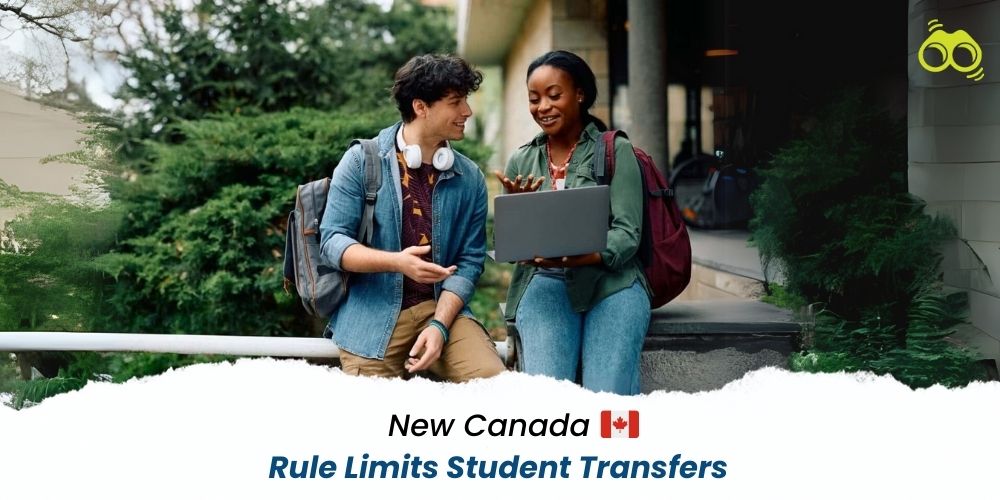Policy Shift: International Students Now Need New Permits to Change Schools in Canada
New Study Permit Requirements May Reshape International Student Mobility in Canada
Canada's recent policy changes have significantly impacted international students seeking to transfer between institutions. Previously, until November 2024, students could easily enrol at a new Designated Learning Institution (DLI) without applying for a new study permit—only needing to notify Immigration, Refugees, and Citizenship Canada (IRCC) through their online account. However, as of November 8, 2024, new regulations require most international students to obtain a new study permit and await approval before transferring to another school. Although interim measures briefly allowed for some flexibility, these expired on May 1, 2025, making adherence to the updated policy mandatory.
Under the revised rules, most international students must now secure a new study permit before transferring schools. Authorities emphasise the importance of planning, warning that failure to follow proper procedures could lead to violations of permit conditions. That said, students facing special circumstances—such as school closures or discontinued programs—may be allowed to transfer while their new permit is still being processed.
For students already in Canada, those at the post-secondary level who wish to transfer to a new DLI must apply for a new study permit. However, changing programs within the same DLI does not require a new permit, provided all existing permit conditions are met. Students who transferred to a new DLI before November 8, 2024, may continue studying under their current permit, but any additional transfers after this date will require a new permit.
Meanwhile, transfers within or between primary and secondary school levels typically do not necessitate a permit extension unless specifically stated in the permit conditions. However, students transitioning from secondary to post-secondary education must apply for an extension. Additionally, those who complete their secondary studies early should be aware that their study permit will expire 90 days after completion. Students are advised to apply for a study permit extension at least 30 days before the current permit expires and must ensure their passport remains valid for the entire extension period. While a decision is pending, students may continue their studies as long as they do not leave Canada.
To apply for an extension or change the conditions of a study permit, students must submit several essential documents, including the IMM 5709 application form, photocopies of relevant passport pages, a copy of the current study permit, a letter of acceptance from the new DLI, proof of financial support, and evidence of academic standing. Depending on individual circumstances, additional documentation may be required, and applicants are strongly advised to consult IRCC’s checklist for detailed requirements.
In cases involving a school transfer, the application must also include a letter explaining the reason for the transfer and a valid, up-to-date Provincial or Territorial Attestation Letter (PAL or TAL), unless exempt. Students may be allowed to begin studies at a new DLI before receiving a decision on their permit extension, provided they have remained in Canada since receiving the letter of acceptance and continue to meet the terms of their current study permit. This exception applies particularly when students’ previous institutions closed, discontinued programs, were suspended, or lost their designated status. These policy changes represent a significant tightening of Canada's international student regulations, making it essential for students to plan and comply strictly with new procedural requirements to avoid disruptions in their education.
Editor’s Note:
The recent updates to Canada’s study permit regulations have brought considerable changes for international students, particularly those wishing to transfer between educational institutions. According to government sources, students are now expected to follow stricter procedures, including applying for a new study permit before changing schools in most cases. Officials have reportedly emphasised the need for careful planning to avoid unintentional violations of immigration rules. The changes appear to reflect a broader effort to enhance oversight and maintain the integrity of Canada’s international education system.
Skoobuzz suggests that students should take decisions wisely and stay informed through official resources to ensure compliance with current policies and avoid disruptions to their studies.














0 Comments (Please Login To Continue)